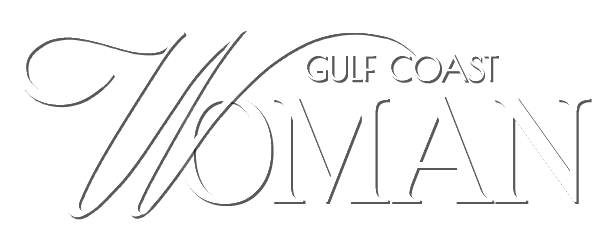Over time, small money mistakes tend to compound and turn into big money problems. Here are five bad financial habits that, when added together, can cause financial hardship.
1. NOT SPENDING WISELY
This could vary from something as simple as spending too much on non-essentials to simply being unaware of how you spend. Help yourself out by pausing before making an unplanned purchase and ask yourself how this spending will impact your overall budget or ability to meet your obligations.
2. NOT HAVING AN EMERGENCY FUND
If a crisis arises and you don’t have an emergency fund, you probably won’t be prepared for the financial fallout. People in this position often use a credit card, which digs an even deeper hole. To avoid this, open a separate account for your emergency fund, deposit money every pay period and only access it in a true financial emergency.
3. MAXING OUT YOUR CREDIT CARD
A maxed out, or nearly maxed out, credit-card balance will damage your credit score. Do you know what the interest rate is on your credit card? Have you ever read the part of your statement that tells you how long it will take to pay the charges off if you only pay the minimum?
The interest you accrue on your credit card is real money. It robs you of the ability to buy something else you need. The problem with credit cards comes from using them to purchase items you can’t afford or emergency expenses you weren’t prepared for. However, when used properly, paying off your card in full every month, credit cards are a great tool.
4. NOT SAVING FOR THE FUTURE
We’ve all heard the saying, “I’ll save money when I make more money.” With poor money habits already in place, this almost never happens. Start small, even if it’s only $5 per week. Consider choosing to forgo one pizza, coffee, lunch out, etc., and instead, put that money into your savings.
Not saving for the future makes it harder to afford to buy a home or retire. It makes you more vulnerable to unplanned debt and a stressful financial future.
5. BUDGET FAILURE
Budgeting is one tool that can help you avoid many of the failures I have mentioned. If you think creating and sticking with a budget is hard, consider how hard it is to live paycheck to paycheck. A budget will help you identify where your money really goes and devise a plan to pursue financial freedom.
For most people, achieving financial freedom takes hard work and self-discipline; most things we desire in life do. Think about how much hard work and discipline you’ve expended to get to where you are. Would you do anything different if you had a do-over? I know I would.
The good thing is, YOU have a choice to make — and only you can make it. Choose to make the changes you know are needed. Ask for help. Embrace a brighter future that only can come through hard work and self-discipline.



